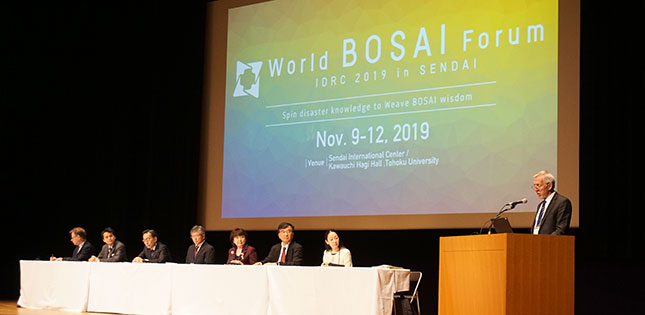The second World Bosai Forum was held in Sendai from November 9 - 12, once again bringing together international experts in the field of disaster risk reduction and management, for a series of lectures and panel discussions.
The biennial forum - which was launched in 2017 - aims to draw lessons from the Great East Japan Earthquake and Tsunami of 2011, and develop practical solutions for reducing the risk of disasters around the globe.
The event is supported by Tohoku University and this year featured more than 50 sessions, many of which focused on the implementation of the Sendai Framework for Disaster Risk Reduction, first adopted by 187 U.N. member states in 2015. Among the targets stipulated in the guidelines is Target E which hopes to "substantially increase the number of countries with national and local disaster risk reduction strategies by 2020."
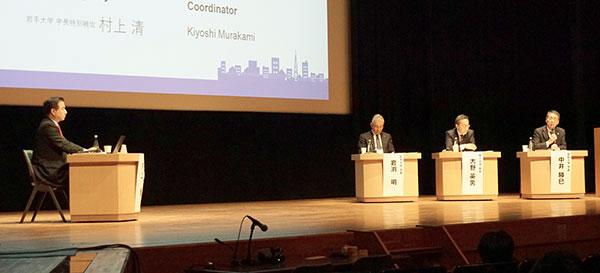
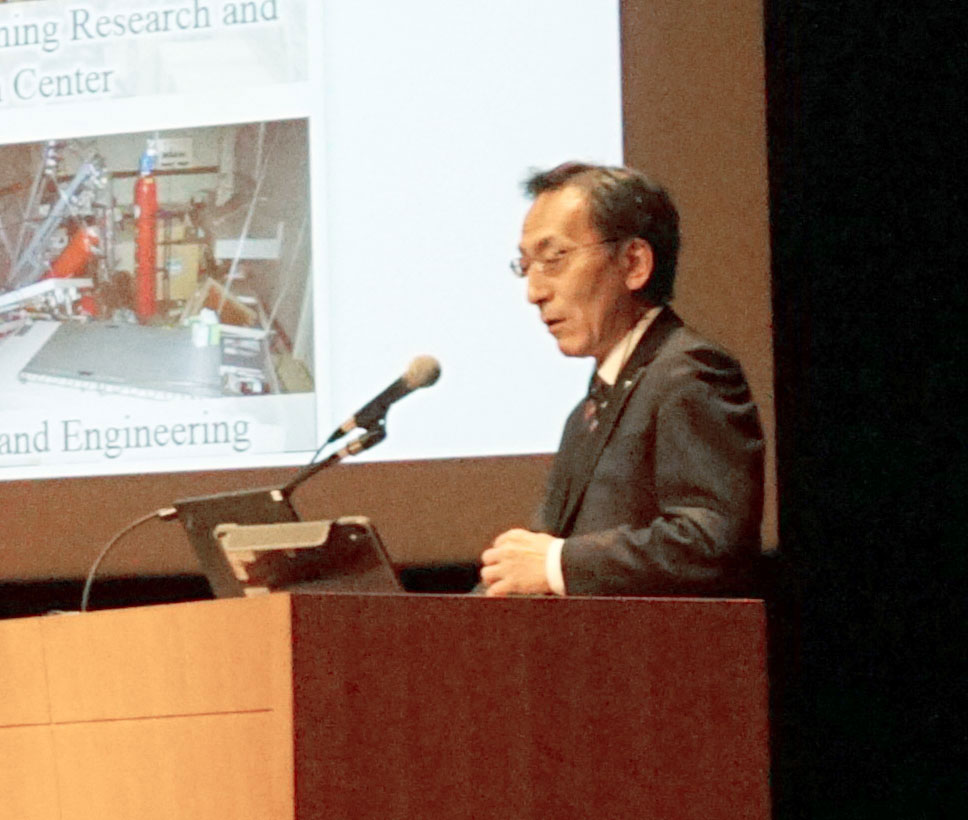
Tohoku University President Hideo Ohno welcomed participants at the opening ceremony. He also participated in several panel discussions, including a Presidents' Symposium alongside his counterparts from Iwate University and Fukushima University. His consistent message was that research universities have a social obligation to use their expertise to find solutions to climate change and disaster risk reduction.
"Every year, disasters such as the 2011 Tohoku earthquake and tsunami have caused tremendous damage and disruption all over the world," he said. "Disaster risk reduction has become a global priority."
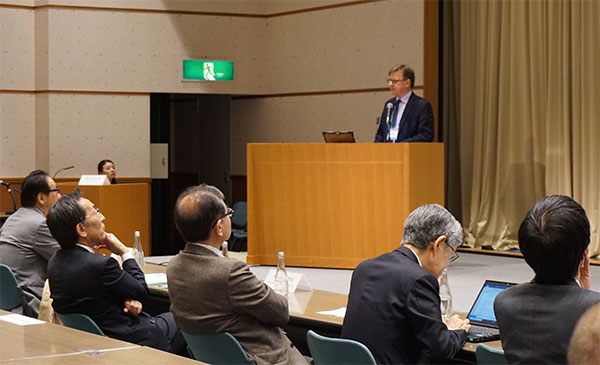
The message was echoed by Christopher Tremewan, secretary general of the Association of Pacific Rim Universities (APRU), who also participated in several sessions, including one on "Cross Cutting the Disaster Related Sciences."
"More than half the carbon exhaled into the atmosphere from the burning of fossil fuels has been emitted in the last three decades, which means we have done as much damage knowingly to the fate of the planet and its ability to sustain human life, as we ever managed in ignorance," he said.
Noting that the Asia Pacific region has more than its share of natural disasters, Tremewan said that all 51 APRU members are committed to educating the next generation to "create not only the knowledge but the political will in that generation to face, confront and solve these issues."
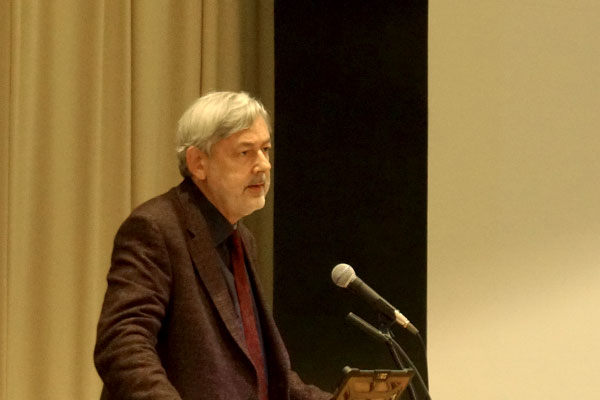
Professor David Alexander of University College London added that disaster risk reduction can be more effective with a multidisciplinary approach.
"I think we need to collaborate with people not in the disaster field at all," he said. "Because what we need to understand is not merely the disaster but the context, and in many places, the context also means understanding motivations."
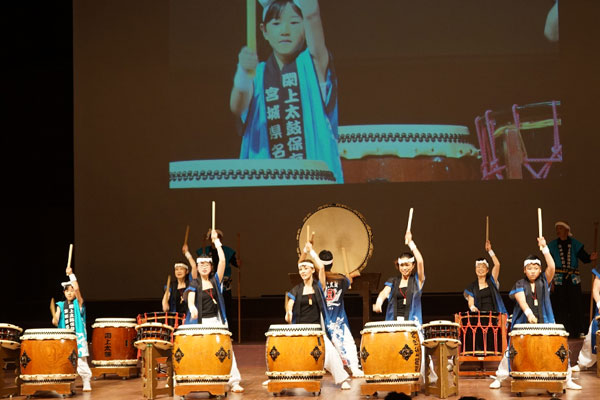
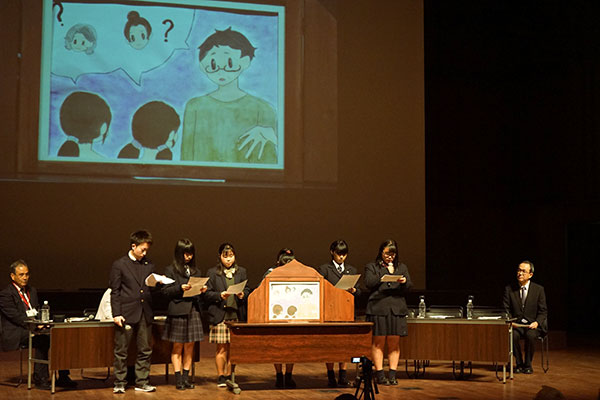
The four-day forum kicked off with a pre-WBF festival at Tohoku University's Kawauchi Hagi Hall.
Titled "Linking 3/11 to the Future," it featured traditional dances and a Yuriage Taiko performance, as well as an exchange of opinions and ideas by high school students from Miyagi and Hyogo prefectures.
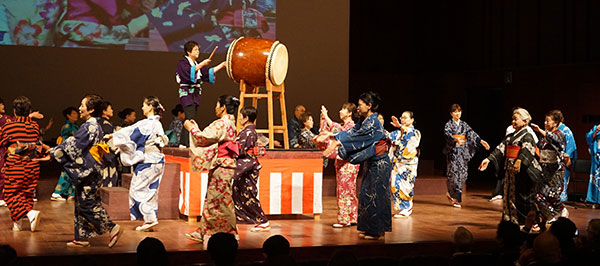
On the sidelines of the main forum, there was a poster session as well as study tours to the region's tsunami-affected areas, offering participants a first-hand look at the recovery efforts there.
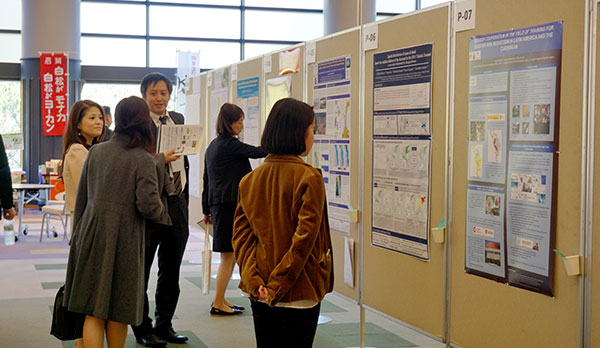
The World Bosai Forum is held in Sendai in odd-numbered years. It runs in partnership with the International Disaster Risk Conference which is held in Davos, Switzerland in even-numbered years.
Bosai is a traditional Japanese term, indicating a holistic approach to reduce human and economic losses from disasters, which represents activities in all disaster phases, including prevention, recovery, response and mitigation.
Contact:
Yuichi OnoFounder, World Bosai Forum
Professor, International Research Institute of Disaster Science (IRIDeS), Tohoku University
Tel: +81 22 752-2098
Email: yono
 irides.tohoku.ac.jp
irides.tohoku.ac.jp
